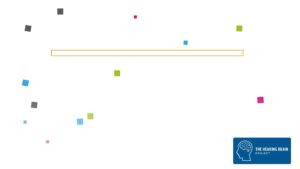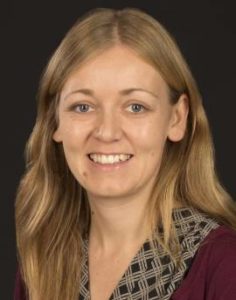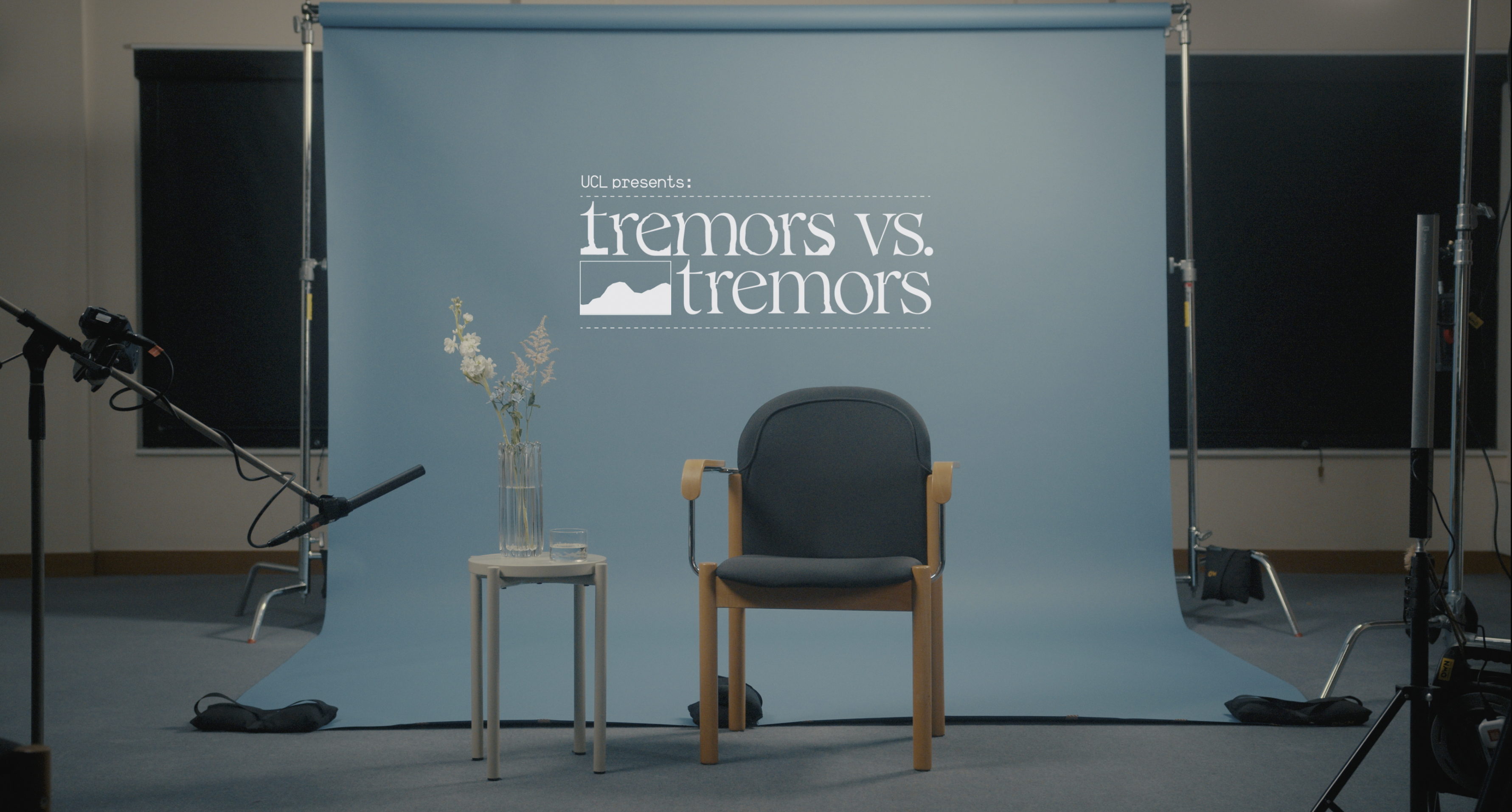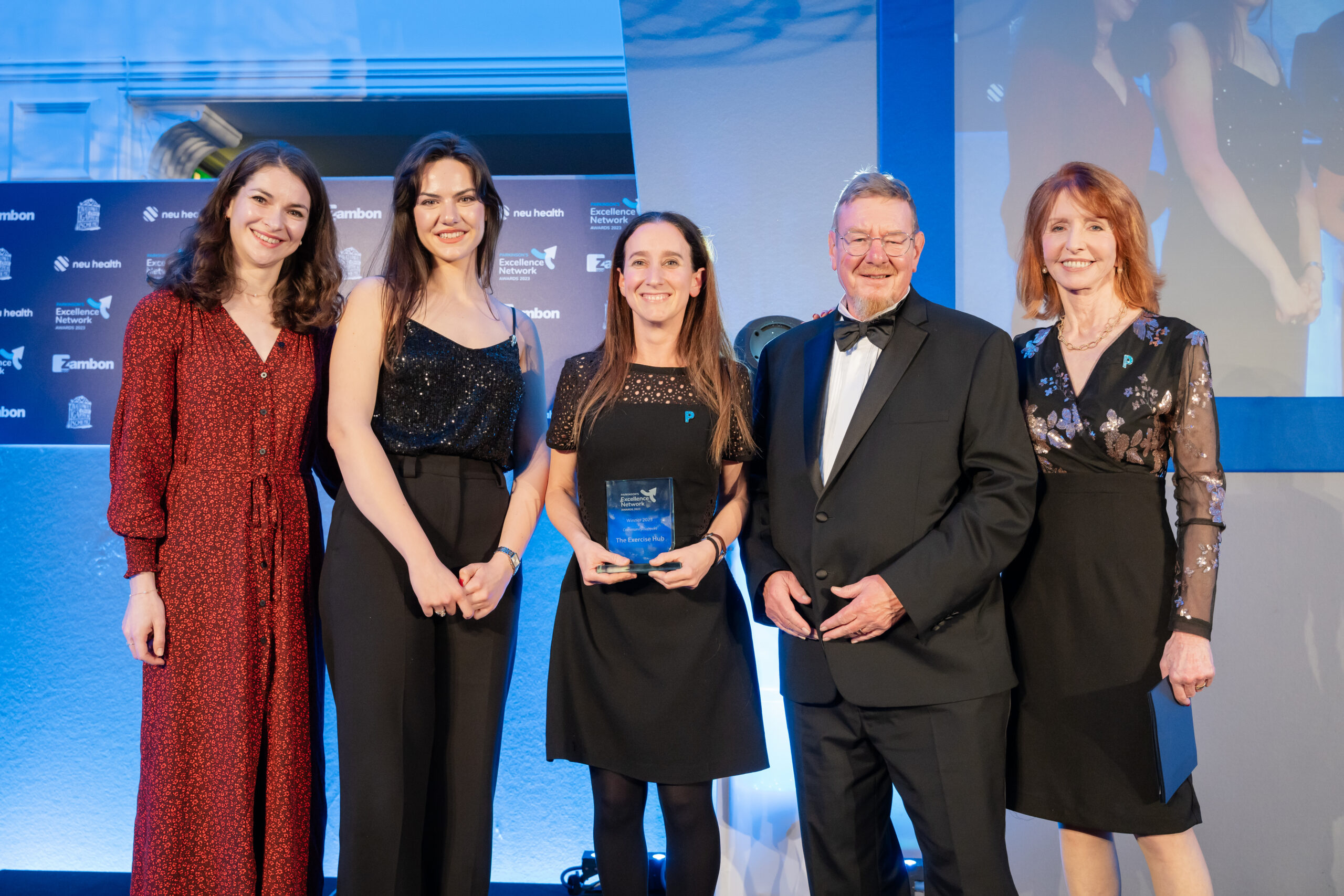Spotlight on the Nominees: Emma Holmes (Excellence in Public Engagement)
As the Wellcome Centre for Human Neuroimaging’s 2021 Public Engagement Awards draw closer, we shine a spotlight on each of the nominees to celebrate their contribution to another year of outstanding public engagement at the Centre.

On top of studying the cognitive processes that allow the brain to make sense of sound, Excellence in Public Engagement nominee Dr Emma Holmes is dedicated to running innovative and creative projects which aim to empower those with neurological conditions.
This year, Emma took on the leading role in The Hearing Brain project. The project targets people with self-reported difficulty listening in noisy environments. It aims to improve their understanding of the Auditory Cognition team’s research and enable them to contribute to studies.
Emma led four online focus groups, where people with self-reported hearing difficulties shared their experiences of listening in noisy places and discussed how best to describe the auditory stimuli that the Auditory Cognition team use in their studies. Using input from the workshop participants, Emma co-designed a series of short animations which explain the auditory stimuli in accessible terms. The team now hope to use these animations to help introduce the stimuli to study participants, including those with cochlear implants.

Alongside The Hearing Brain, Emma has been a member of the Centre’s Public Engagement Steering Committee for nearly two years, working to ensure the Centre meets its visions and aims. She has also shared the feedback questionnaire used in The Hearing Brain project to help other researchers develop their own public engagement activities.
Overall, Emma has been instrumental to the success of creative public engagement projects. This year she has demonstrated an exceptional commitment to empowering those with neuropsychiatric conditions, and to building up her own and others’ skills to engage with diverse communities.


